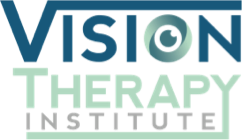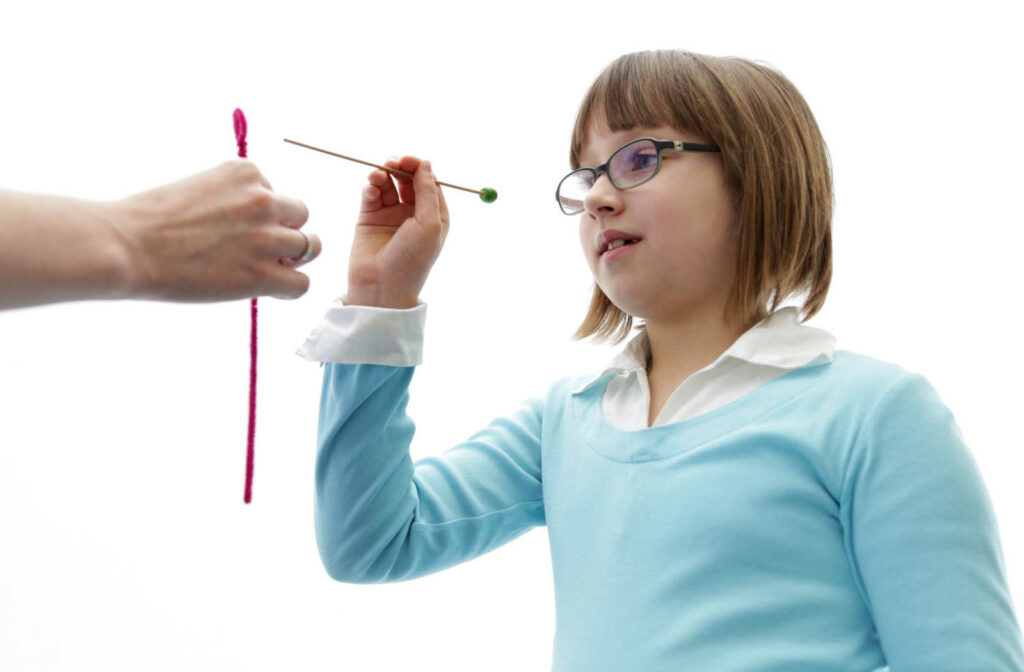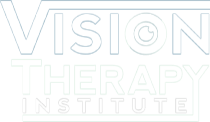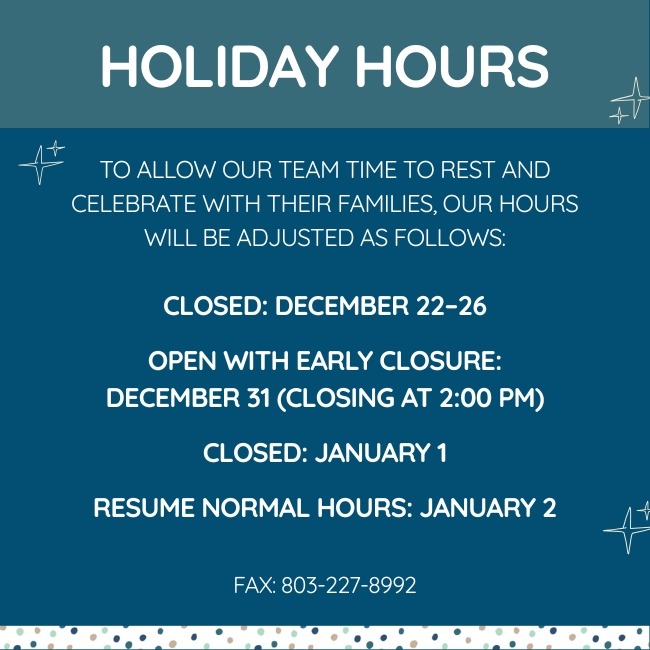Your vision affects much more than just how well you can see. Many eye problems can affect how your eyes work together as a team. If your eye doctor notices problems with your vision, they may recommend vision therapy to help you see more comfortably. However, some people wonder whether or not vision therapy works.
Vision therapy can’t cure refractive errors like myopia, but a treatment program can help improve the relationship between your eyes and brain.
What Is Optometric Vision Therapy?
Vision therapy is a specialized form of treatment to improve your vision. Essentially, vision therapy can help strengthen the connection between your eyes and brain, by helping you use your visual system more efficiently.
Your eyes can have problems that don’t affect your actual sight. These problems make it harder to focus or process information. During vision therapy, your optometrist uses different exercises to gradually improve how your eyes work together.
Sports Vision Therapy
Even if a patient doesn’t have a diagnosed eye problem, they can still improve their vision. Many athletes invest in sports vision therapy. This treatment program helps improve the visual skills necessary for high-level sports performance.
Additionally, sports vision therapy can help reduce some of the symptoms caused by a common sports-related injury, such as concussions.
Does Vision Therapy Work?
People can be skeptical about vision therapy, but it’s important to remember that this treatment doesn’t work miracles. It can’t give you perfect vision, but it is an evidenced based program that can help your visual system work more efficiently.
Vision therapy can effectively treat conditions that standard contacts and glasses can’t. 2017 research shows that vision therapy can help patients recover from vision-related problems like convergence insufficiency.
What Can Vision Therapy Help Treat?
Vision therapy can help your eye doctor treat many eye-related problems. The exercises in a vision therapy program can benefit any age, from children to adults.
Eye conditions vision therapy can help include the following:
- Amblyopia (lazy eye)
- Strabismus (crossed eyes)
- Vision-based learning difficulties
How Does Vision Therapy Work?
Vision therapy helps improve the connection between the eyes and brain, improving vision. Many people can see well, but their eyes lack coordination, leading to vision problems. Vision therapy’s purpose is to help the eyes work as a team.
Your optometrist helps better your vision by assigning weekly exercises to train weaknesses in your eyes. They identify your struggles and schedule regular sessions to retrain the eyes. Your exercises become more difficult with time until you reach your vision goal.
Depending on your vision struggles, your optometrist may have several goals for your vision therapy program, including:
- Improving visual comfort
- Helping you improve essential visual skills and abilities
- Changing how you process visual information
During treatment, your eye doctor assigns exercises that use movement, balance, auditory processing, and other cognitive abilities to improve your vision. Additionally, they use several supportive tools, including:
- Therapeutic lenses
- Prisms
- Filters
- Optometric phototherapy
- Balance boards
When Can You Expect Results?
There is no specific timeline for vision therapy because each patient’s program is customized for their needs. You may see improvements in months while someone else only requires weeks of treatment.
After assessing your vision, your optometrist will have an idea of your treatment timeline. What’s important is staying dedicated to your exercises—persistence pays off when it comes to vision therapy.
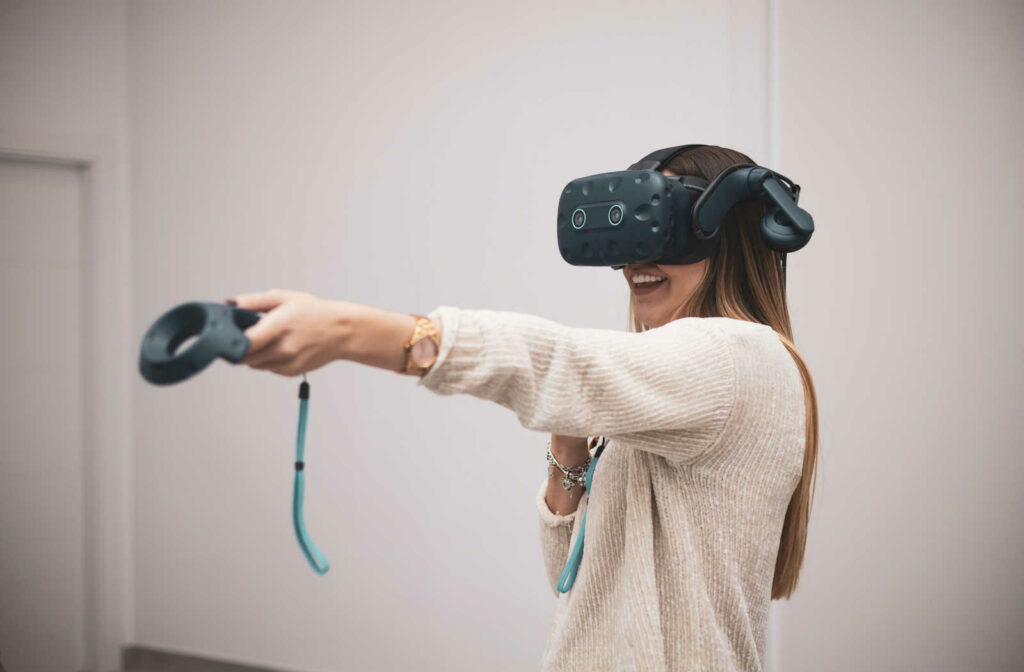
What Can You Expect During Vision Therapy?
Before beginning your vision therapy program, your eye doctor will complete a detailed visual assessment. After identifying the visual skills you need to improve, they’ll provide you with a customized treatment plan.
You work with your eye doctor one-on-one each session to work through different visual challenges. These exercises vary based on your vision needs, whether you need help with an eye condition or want to improve your sports performance.
With time, your eye doctor can help you improve your vision and reach your identified goals.
See if Vision Therapy is Right for Your Needs
It may not be a refractive error if you struggle with your vision. Even if you see well, your eyes can have problems, but vision therapy can help. Visit your optometrist, and they can assess your vision during a comprehensive eye exam. Contact the Vision Therapy Institute if you’re interested in optometric vision therapy.
